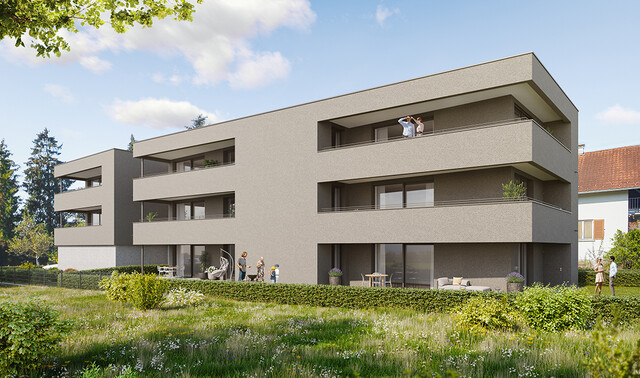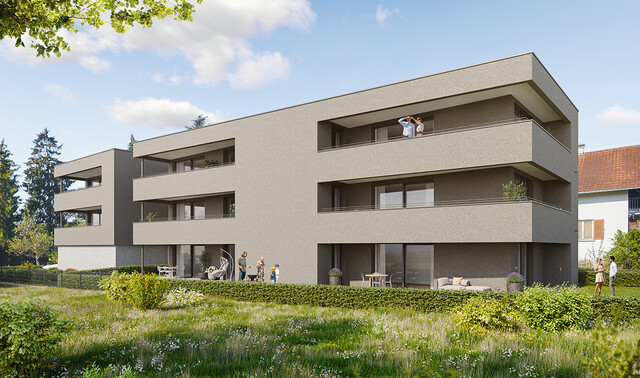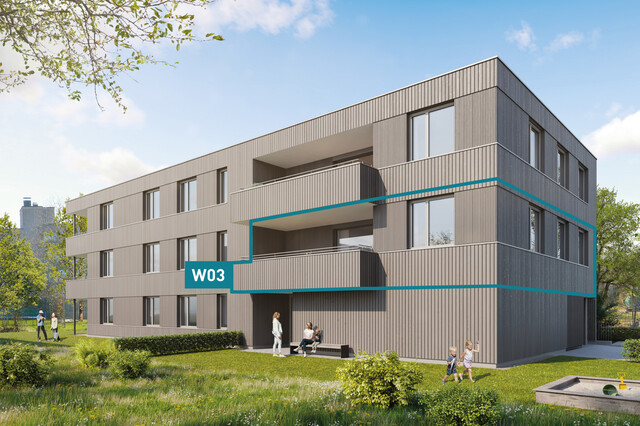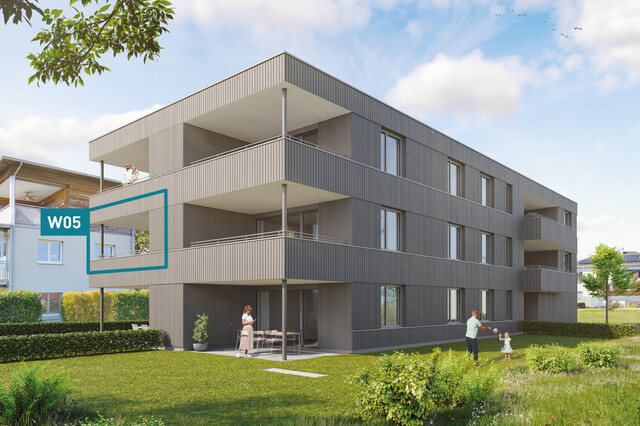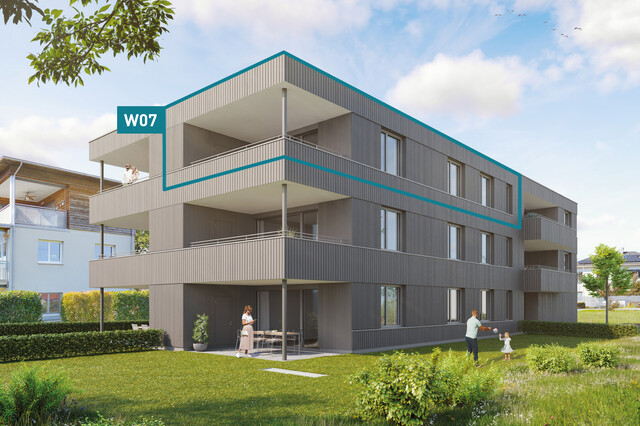Severe Mental Stress Affects Almost Every Second Woman in Austria

As a result, slightly more than half of the respondents suffer from inner restlessness, nervousness, and tension.
Lack of sleep and exhaustion are mainly to blame
The problems are mainly attributed to lack of sleep and exhaustion (45 percent), family obligations and social expectations (45 percent), as well as a lack of time for oneself (40 percent). Professional or academic demands are mentioned significantly less often as stress factors (19 percent). The burden is particularly high between the ages of 25 and 54, when multiple responsibilities are carried simultaneously and rarely shared. Additionally, many cite digital overstimulation as a factor (36 percent).
43 percent of respondents attributed irritability and mood swings to the psychological burden, and a good third reported physical complaints such as headaches or digestive problems. According to the survey, a good third of women often feel unmotivated, and just as many report difficulties concentrating.
Highest burden for women in midlife
In the group of 25 to 34-year-olds, 62 percent feel strongly affected, in the group of 35 to 44 years, 59 percent, and in the group of 45 to 54, the value is even higher at 64 percent. From 55 onwards, the burden decreases - to 33 percent among 55 to 64-year-olds and 15 percent among 65 to 75-year-olds. In the oldest group, particularly many indicate that they do not feel any burden at all (around 45 percent). In the youngest group, however, symptoms are mentioned particularly frequently, such as inner restlessness (around 70 percent).
Psychological burden "arises when care and organizational work are unequally distributed and expectations of permanent availability determine everyday life," said Barbara Schrammel, social educator, psychotherapist, and board member at Frauen beraten Frauen, in the press release. She advocated for "fair distribution of responsibility in families and partnerships, reliable and affordable care, working hours that allow for recovery, and clear boundaries in the digital everyday life."
(APA/Red)
This article has been automatically translated, read the original article here.
Du hast einen Hinweis für uns? Oder einen Insider-Tipp, was bei dir in der Gegend gerade passiert? Dann melde dich bei uns, damit wir darüber berichten können.
Wir gehen allen Hinweisen nach, die wir erhalten. Und damit wir schon einen Vorgeschmack und einen guten Überblick bekommen, freuen wir uns über Fotos, Videos oder Texte. Einfach das Formular unten ausfüllen und schon landet dein Tipp bei uns in der Redaktion.
Alternativ kannst du uns direkt über WhatsApp kontaktieren: Zum WhatsApp Chat
Herzlichen Dank für deine Zusendung.

